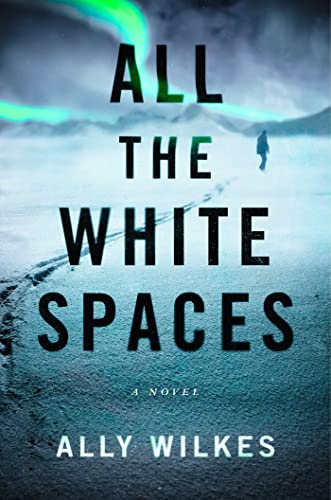All the White Spaces
Josephine chafes against the only role her parents and Edwardian society allow: lady. She envies her two older brothers, especially when they head off to war in France. Jo is kept informed by letters from their best friend and comrade-in-arms, Harry, who doesn’t downplay the horrors. When neither of her brothers returns, Jo convinces Harry to abscond and pursue her brothers’ planned adventure: accompanying James “Australis” Randall, legendary explorer, on his expedition to the Antarctic. Jo transforms herself into “Jonathan,” stowing away on the Fortitude, Randall’s ship. Once discovered, Jonathan does his best to prove invaluable as a “spare” hand so Randall will allow him to remain with the expedition. This new life is an exhilarating game to Jonathan, but Harry is cognizant of the danger. When tragedy occurs in the ice-packed Weddell Sea, the explorers must overwinter at an encampment built by a German expedition—one that vanished without a trace two years prior. There is something… unnerving about the abandoned camp, a place of things half-seen, things that begin to call as the permanent darkness of a long winter descends.
In the vein of offerings such as Dan Simmons’ The Terror, this polar novel fosters the assumption that it’s nature one has to worry about—crevasses, storms, starvation, freezing. Yet that becomes the least of the expedition’s worries: it is the unnatural that threatens. Wilkes does an admirable job of building tension and using the claustrophobia of cabin fever to her atmospheric advantage. There’s a substantial cast, not all carefully drawn, but enough depth to allow for emotional investment in the main characters. The aftermath of war, isolation, secrets, an aurora at once beautiful and sinister—the novel exploits these elements to create a creepy read for fans of all those frigid, white spaces.










